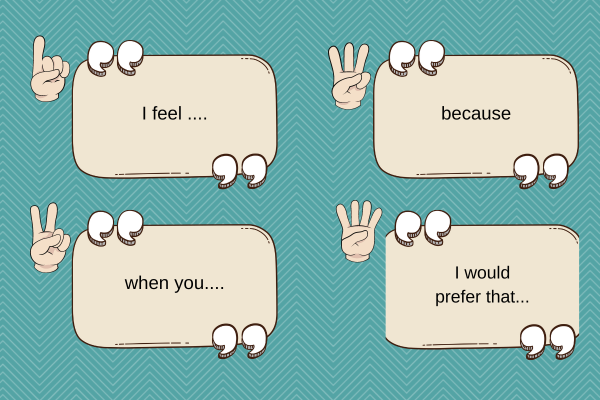In family life, emotions often run deep, and none perhaps as potent or complex as anger. For married individuals with children, daily life is woven with many challenges, joys, and moments of frustration. But what lies beneath the surface of these emotions? Why does anger sometimes rear its head in ways that surprise us, leaving us bewildered and disconnected from those we love most?
At the heart of this issue lies a journey through the past, a reckoning with the patterns and beliefs inherited from our upbringing and past relationships. Adult children knowingly or unknowingly carry their parents’ expectations and traditions with them. The familiar cadence of our parents’ responses to challenges and the echoes of their words in our reactions form the backdrop against which we navigate our present relationships.
Consider this exercise:


Perhaps you find yourself grappling with a particular issue that triggers intense emotions. It’s essential to pause and explore why this challenge strikes such a chord. What memories or past experiences does this situation evoke? How does it mirror patterns you observed in your family growing up? Understanding the roots of our emotional responses is the first step towards healing and growth within our relationships.
Let’s focus on the present moment and practical strategies for fostering understanding and communication with our partners. One powerful tool is the practice of “I” messages and reflective listening.

Instead of placing blame or making accusations, “I” messages allow us to express our feelings and needs in a non-confrontational manner. For example, “I feel frustrated when I don’t feel heard during our discussions about household chores” opens the door to constructive dialogue, whereas “You never listen to me” may lead to defensiveness and further conflict.
Reflective listening, too, is a cornerstone of effective communication. When we practice reflective listening, we strive to understand our partner’s perspective fully. We paraphrase their words and reflect on their emotions, demonstrating empathy and validation. This simple yet powerful practice can foster deeper connections and mutual respect within our relationships.
But what other avenues exist for self-discovery and growth? Mindfulness, for one, offers a path toward greater self-awareness and emotional regulation. By cultivating present-moment awareness, we can observe our thoughts and feelings without judgment, gaining insight into the underlying triggers of our anger. Journaling can also be a powerful tool for processing emotions and exploring patterns in our relationships. We can uncover hidden insights and clarify our experiences by putting pen to paper.
Of course, for some individuals, seeking therapy or counseling may be necessary to address deeply ingrained patterns and beliefs. A trained therapist can provide guidance and support as we navigate the complexities of family dynamics, offering new perspectives and tools for healing.
In conclusion, understanding the roots of anger in marriage and parenthood requires a willingness to delve into the past and confront the patterns and beliefs that shape our present experiences. We can foster greater understanding and connection with our partners by engaging in reflective exercises and practicing effective communication strategies. And by embarking on a journey of self-discovery and growth, we can cultivate healthier, more fulfilling relationships for ourselves and our families.
As we navigate the ebbs and flows of family life, may we approach each challenge with curiosity and compassion, knowing that beneath the surface of our emotions lies the potential for healing and transformation.
Joe is a husband, father, grandfather, author, speaker, educator, course creator, and parent/family coach.
He helps parents develop unity, find clarity, communicate, and develop consistency in their parenting with the Four C’s of Successful Families. You can find his work on social media.
In addition, the Four C’s newsletter is enjoyed by many as it encourages parents to self-care, build their relationships with their partners, and raise their children.
And he loves to golf!

